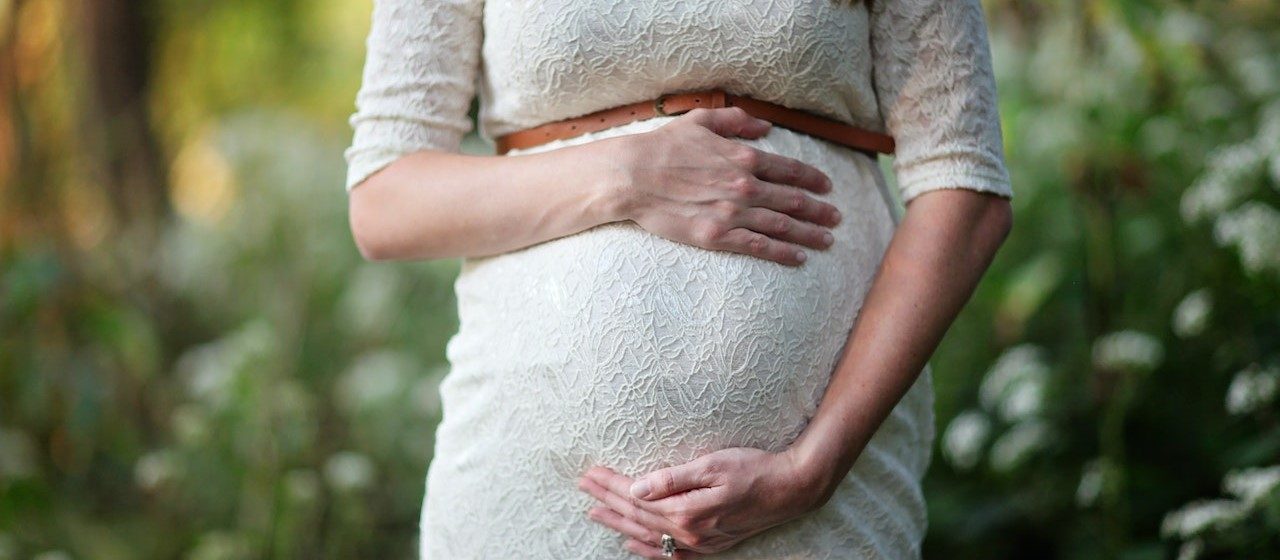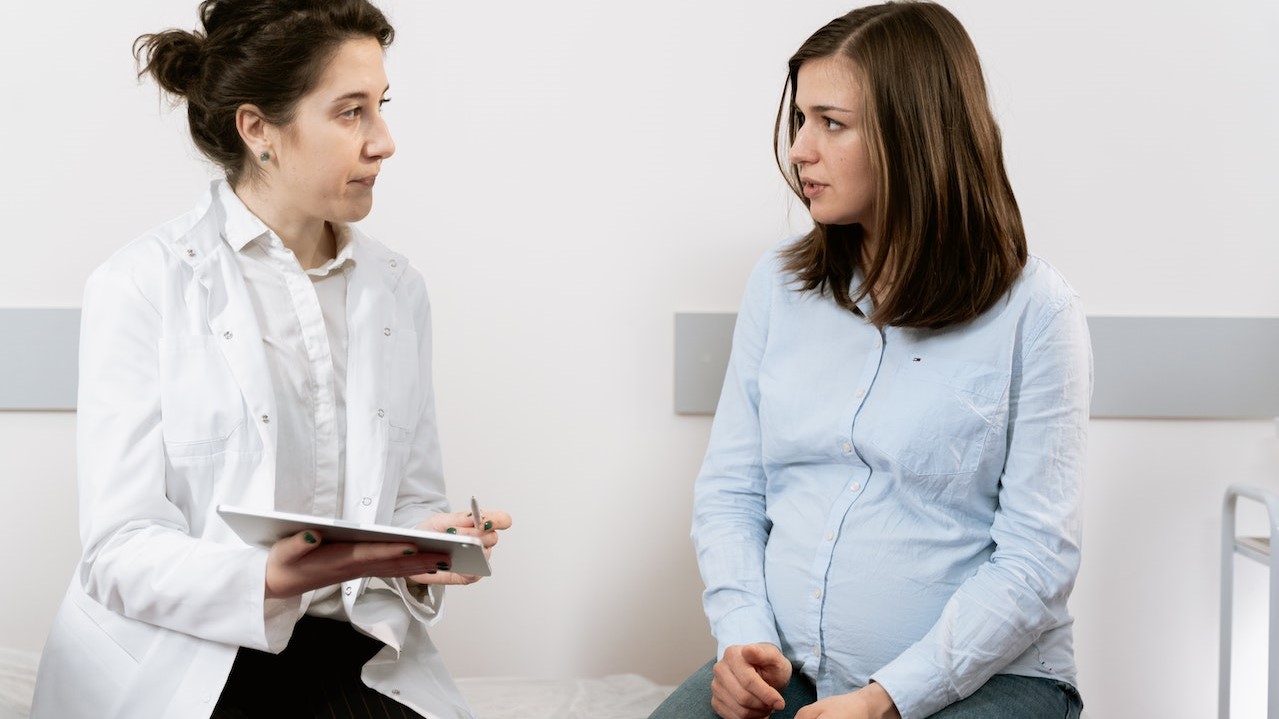Breast Cancer During Pregnancy

Photo by Leah Kelley under Pexels License
Get to Know the Treatment Options and the Risks Involved
Research shows that the chances of pregnant women getting diagnosed with breast cancer range from 1 in 1,000 to 1 in 10,000, making such a condition a rare occurrence. For a pregnant woman diagnosed with breast cancer, the treatment options are more complicated because she has another life to protect in her womb.
The treatment’s objective is the same as that for a non-pregnant woman: to get rid of the cancerous cells or at least keep them from spreading. For a pregnant woman, an additional concern is the safety of the growing fetus. In this case, the cancer care team and obstetrician will coordinate and carefully plan the type and timing of treatment.
Whether you’re an expectant mom with breast cancer or you’re just curious, read on to learn everything about breast cancer during pregnancy.
Is It Safe to Get Treatment?
It may still be safe for a woman to undergo treatment while pregnant. However, the options might get complicated if the best-known treatment for the patient would possibly affect the well-being of her baby. As such, a woman in her early pregnancy who needs chemotherapy right away may be advised to terminate the pregnancy. However, chemotherapy may be deemed safe for a woman and her baby if she’s on her second or third trimester.
Other treatment options like targeted therapy, radiation therapy, and hormone therapy aren’t generally recommended for a pregnant woman since they can endanger the life of the baby.
The treatment recommendations for pregnant women diagnosed with breast cancer will depend on factors such as:
- The size of the tumor
- The location of the tumor
- The type of breast cancer
- If cancer has spread
- How far along is the woman in her pregnancy
- Her overall health
- Her preferences
The Treatment Options for Pregnant Women Diagnosed with Breast Cancer
Here are the options and their corresponding risks that doctors will consider when treating pregnant women with breast cancer.
1. Surgery
Surgery, either mastectomy or lumpectomy, is the first-line treatment for pregnant patients. Both procedures have been proven safe and effective. However, the general anesthesia given to the patient may pose a potential risk to the baby’s health. There’s no risk involved in lymph node removal though.
Mastectomy, which involves the removal of an entire breast, is the treatment most often done. This is because lumpectomy, with only part of the breast removed, would later require radiation therapy, which would be harmful to the baby. This makes mastectomy a better treatment option for pregnant women.
2. Chemotherapy
Chemotherapy is not given until the first trimester of pregnancy when the baby’s internal organs start to develop. Although studies have shown that chemo drugs are less likely to cause stillbirths, birth defects, or health problems for both mother and child, these drugs might increase the risk of early delivery. That’s why doctors would prefer doing the chemo session during the final three weeks of pregnancy.
Since chemo can lower the mother’s blood cell counts, it’s not recommended after 35 weeks of pregnancy or within three weeks of delivery. Otherwise, bleeding or infection might occur during birth. Doing the chemo treatment after the mother delivers her baby is considered the ideal option.
3. Radiation therapy
Unlike chemotherapy, radiation therapy can only be performed after delivery. High doses of radiation may lead to miscarriage, slow fetal growth, and birth defects. They may also increase the risk of childhood cancer.
4. Targeted therapy
While drugs that target a gene that can play a role in the development of breast cancer (called HER2 or human epidermal growth factor receptor 2) are effective in treating advanced breast cancer, taking them during pregnancy is not recommended. Studies show that drugs such as pertuzumab, trastuzumab, and lapatinib can harm the baby. Because of this, targeted therapy is performed only after the patient has given birth.
5. Hormone therapy
Hormone therapy is another treatment option that’s considered unsafe during pregnancy. The drugs used in this treatment are known to cause dangerous side effects on the baby. These drugs include anastrozole, exemestane, tamoxifen, and letrozole.
Breastfeeding During and After Treatment
Women are allowed to breastfeed their babies after a lumpectomy, although it would be much harder due to the reduced milk volume and scar tissue. For new mothers who had a single-side mastectomy, they can breastfeed using the unaffected breast.
If you’re set for chemo, hormone, or targeted therapy, your doctor may advise you to wait for a specific period before treatment can begin. Their concern is that the drugs might contaminate your breast milk, which you might pass on to your baby. You should talk both to your oncologist and obstetrician, as well as a lactation expert, to ensure that it’s already safe for you to start breastfeeding.
Help Save Lives with Us

Photo by MART PRODUCTION under Pexels License
One of the easiest ways to help financially struggling breast cancer patients in your community is by donating an old and unwanted vehicle to us at Breast Cancer Car Donations. We’ll have your donation auctioned off, converting it into a life-saving instrument for destitute breast cancer patients requiring urgent treatment.
Once we receive your auto donation, we’ll have it auctioned off, with the proceeds used to support the life-saving programs and services of our breast cancer-focused nonprofit partners. These IRS-certified 501(c)3 nonprofit organizations use the extra funding we provide them to sustain their delivery of comprehensive breast health services to their beneficiaries.
Thus, thanks to your donation, more uninsured and underserved breast cancer patients will be able to gain easy access to medical facilities where they can undergo full treatment. Our charity partners also offer free breast cancer screening, follow-up care after treatment, and other breast cancer prevention and education services.
Your vehicle donation will earn you substantial rewards, It will entitle you to claim a maximized tax deduction in the next tax season. We’ll also provide you with our free professional towing service. You can get this service wherever you are located in the country since we operate in all 50 states.
On top of these material perks, your act of charity will also allow you to experience the joy and satisfaction of doing something that can help save precious lives.
We accept nearly all types of vehicles, including those that are no longer in good condition.
Want to know about our car donation process? Not sure if we’ll take your run-down car? Feel free to reach us anytime at 866-540-5069 or you may leave us a message here.
Give Your Clunker a Noble Purpose Today!
Don’t let your ancient clunker go to waste. Rather, use it to serve a noble purpose — that of saving lives. Donate it to Breast Cancer Car Donations today by calling 866-540-5069 or filling out our online donation form now!
Last Updated: October 2nd, 2023
